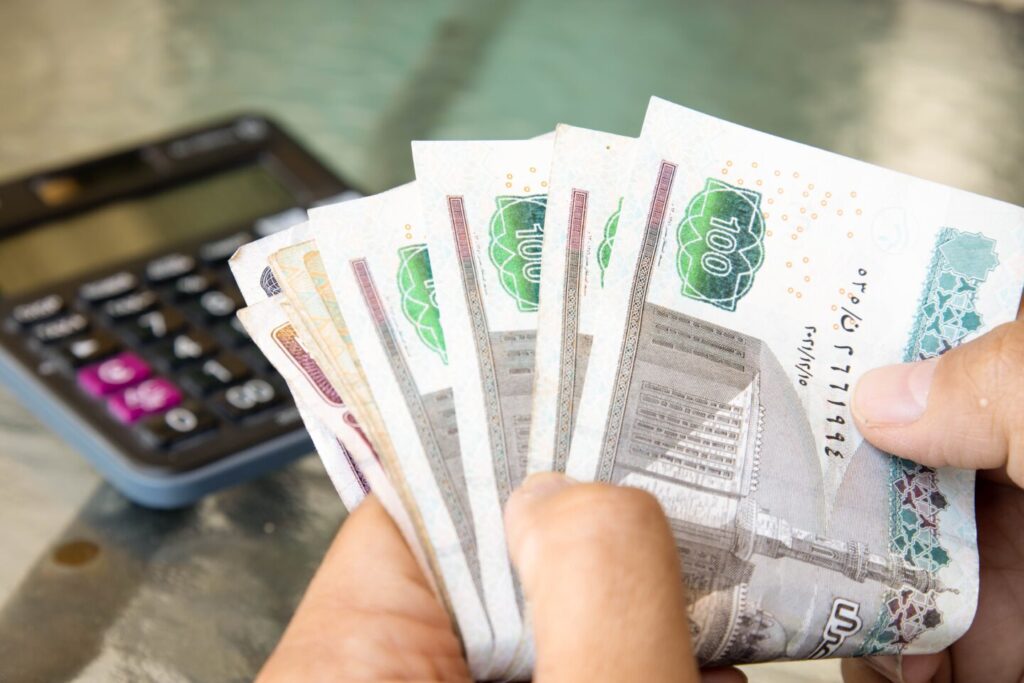The era of international financial institutions, particularly the International Monetary Fund (IMF), has ushered in a new chapter characterized by a departure from the traditional neoliberal principles that once governed their actions. This shift in ideology has been prompted by a series of global crises, starting with the economic collapse of 2007-2008, followed by the Arab uprisings, and culminating in the discourse on inequality championed by economists like Thomas Piketty. The adoption of the 2030 Agenda for Sustainable Development Goals further solidified the IMF’s commitment to social protection and fighting the adverse effects of austerity measures on vulnerable populations.
Egypt, in particular, has emerged as a significant client of the IMF, receiving unprecedented loans totaling $28 billion since 2017. The IMF’s influence on Egypt’s economic policies has been profound, with critics pointing to the institution as a key player in shaping the country’s trajectory. While the IMF claims its interventions have bolstered Egypt’s resilience, recent data paints a grim picture of the nation’s vulnerability to external shocks.
Key indicators reveal Egypt’s struggle to weather economic crises, with inflation rates soaring, food insecurity on the rise, and poverty levels reaching alarming highs. The country’s external debt has more than doubled in recent years, raising concerns about its ability to meet repayment obligations. The devaluation of the local currency and ongoing economic instability further underscore Egypt’s precarious position in the global financial landscape.
In response to these challenges, a research project has been initiated to examine Egypt’s economic resilience through three critical lenses: monetary policy, food and agricultural policies, and social spending on education and health. These thematic areas align with the UN’s Sustainable Development Goals and seek to identify discrepancies between government policies and international benchmarks.
The research project’s findings highlight systemic shortcomings in Egypt’s policy framework, pointing to the need for comprehensive reforms to address the root causes of economic instability. Recommendations put forth in the project emphasize the importance of holistic approaches to monetary policy, food security, and social spending, calling for a reevaluation of existing strategies to foster sustainable development.
As Egypt navigates a new phase of IMF programs, the research project offers a timely evaluation of the country’s policy landscape and sets the stage for informed decision-making in the face of ongoing challenges. By shedding light on the critical areas of concern and proposing actionable solutions, the project aims to catalyze meaningful change for the betterment of Egyptian society.
